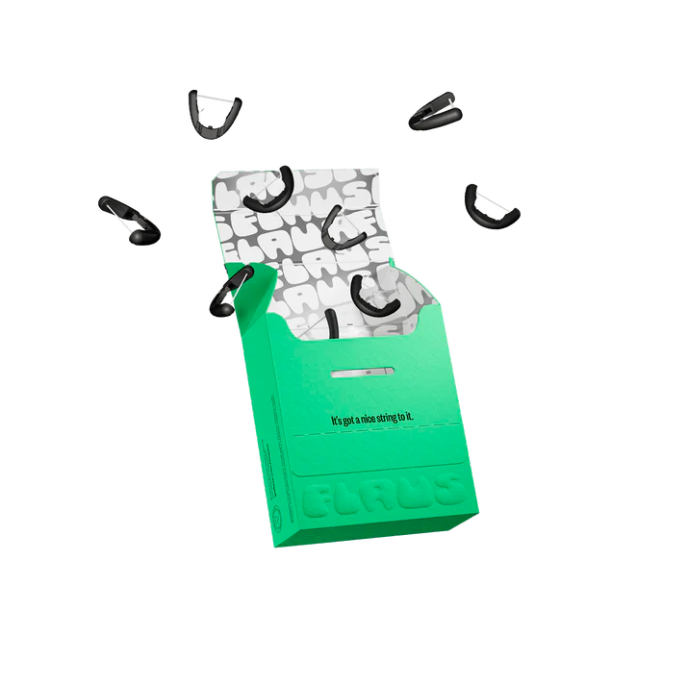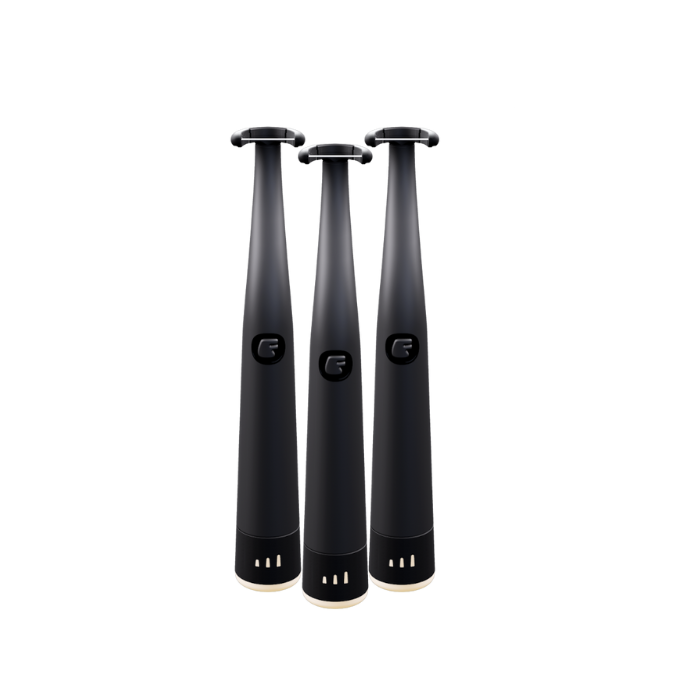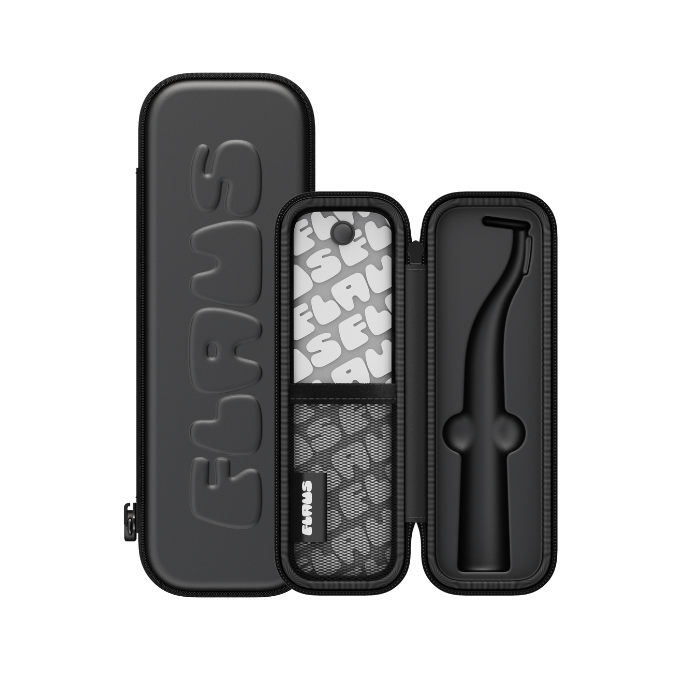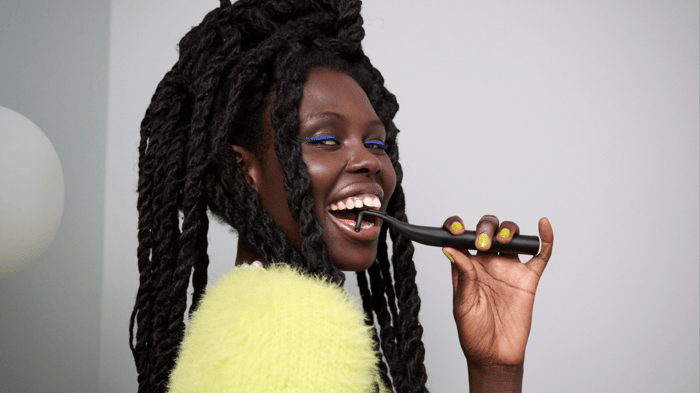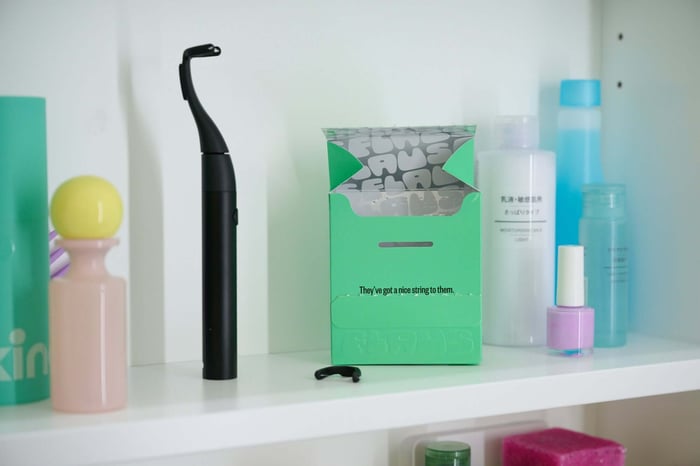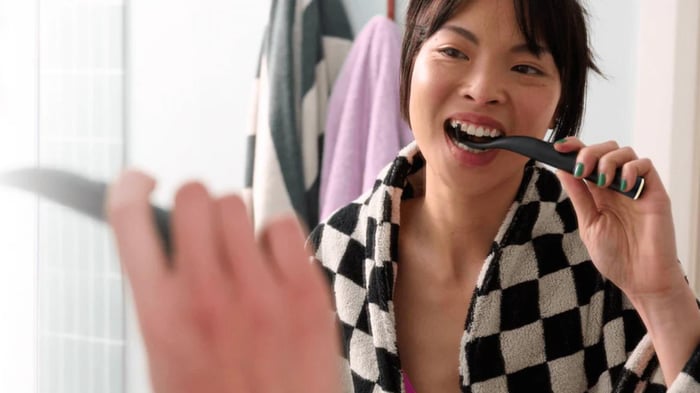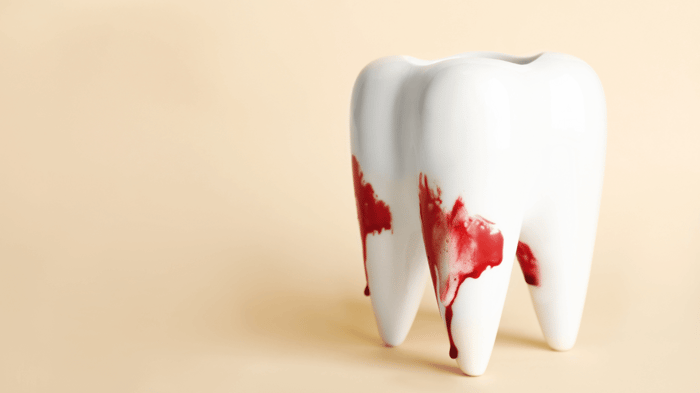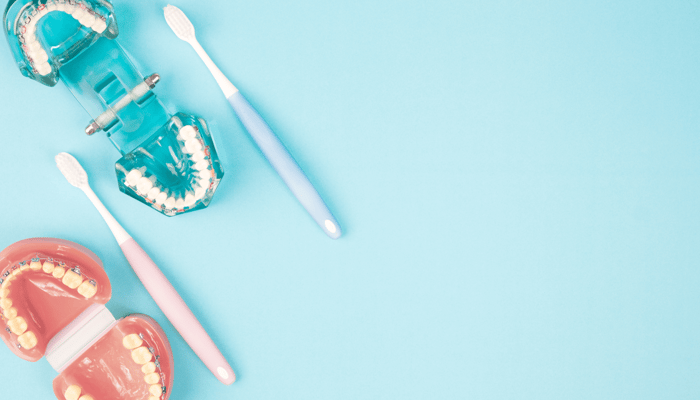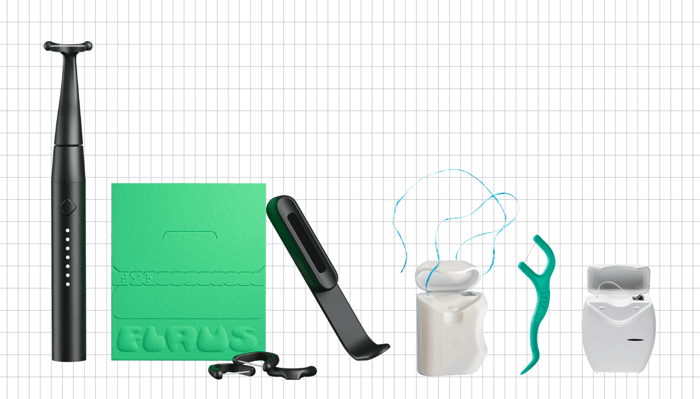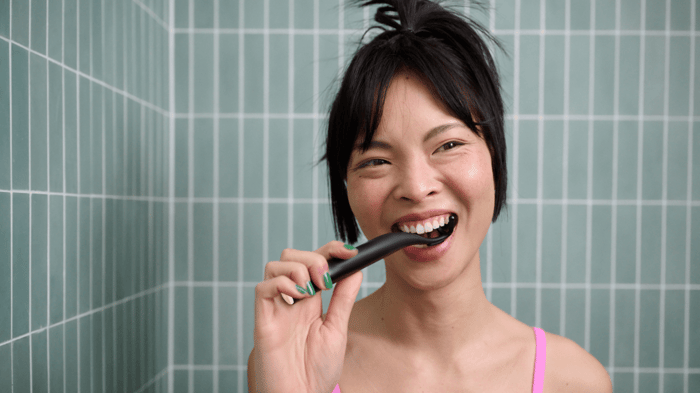Psst… looking to achieve a set of perfect pearly whites? Well, we’ll let you in on a little secret — when it comes to teeth, perfection is as elusive as a leprechaun’s pot of gold at the end of a rainbow.
Yep, we said it; perfect teeth don’t exist. You know why? Because what you consider “perfect” could be totally different from what your bestie or that cute guy with the cute butt down the hall views as “perfect.” In other words, it’s subjective .
Now, if you want to perfect your oral health game —that’s another story. And one you’re totally in the right place for (go, you!). So if healthy teeth are your M.O, keep reading.
Do Perfect Teeth Equal Healthy Teeth?
If you don’t have a block of perfectly white, perfectly straight teeth that look as though they were curated by a 6ft 4in dentist named Mike who smells like Calvin Klein Obsession — don’t worry; perfect teeth are overrated.
Of course, if you’ve got a set of perfect whites, that’s awesome! But if you’re dealing with teeth that are arranged like an orchestra of disorder — that’s also awesome . Why? Because teeth are awesome. Yep, even yours .
Pearly Whites Are Totally 1990
Look, we’re not saying startlingly white, veneered teeth are necessarily a bad thing, but the perfect “Hollywood Smile” is totally 1990s — a beauty trend that we’re excited to see hit the road … like sneaker wedges and push-up bras (#FreeTheNipple).
Today, there’s much more of an acceptance of natural beauty, which has sparked a noticeable and wonderful shift in the world of cosmetic dentistry to provide more natural results — and we’re totally here for it.
Penny-sized gaps? They’re in.
Wonky edges? Yes, please.
Crooked bites? We love ‘em!
Sure, if your smile preference is to have teeth whiter than snow — do your thang, boo! But tooth be told, teeth whitening isn’t really good for you. In fact, according to the American Dental Association, overbleaching can cause tooth sensitivity and major gum inflammation. It also can cause your teeth to look eerily translucent at the edges — a potentially permanent change.
Healthy Teeth Are What Matters
While it’s true that cosmetic dentistry was once synonymous with the unnaturally white, toothy smile of certain 90s TV personalities, we’re now in the 21st century, baby! And you know what matters? Healthy teeth.
Yup. Gone are the days of fixing our teeth’s idiosyncrasies with multiple visits to the dentist, years of braces, and whitening kits. People are finally starting to embrace the unique quirks that their natural smiles offer them. In short, teeth that are too bright for comfort are out, and healthy teeth are in.
Besides, who wants to live in a world where everyone has the exact same straight, white smile anyway? If you ask us, there’s nothing that looks cooler than being diverse.
How Do You Get Healthy Teeth?
Before we give you the down low on how to get healthy teeth, let’s first chat a bit about the signs of healthy teeth — and spoiler alert, smiles lined with perfect pearly whites aren’t one of them. (We know, *gasp*.)
So, if you meet the following criteria, give yourself a nice pat on the back because you’re likely on the right track to good oral health!
- Your gums are pink and firm. Believe it or not, a healthy mouth always starts with healthy gums. Mostly, healthy gums are firm to the touch and always pink — not red, not white, and not purple polka-dotted.
- Your breath smells pleasant. Here’s the deal — we all have bad breath from time to time, but if you open your mouth and flowers wilt, your oral health game could be lacking. Bad breath or halitosis can be a warning sign of gum disease, so if your breath is consistently less than favorable, it’s definitely worth a trip to the dentist. On the flip side, if your breath smells neutral, keep up the good work, champ!
- Your gums don’t bleed when you floss. Bleeding gums are a sign that you may have gingivitis, an infection in the gums, and the earliest stage of gum disease. While a little bit of blood here and there after flossing isn’t a reason to panic — especially if you just started a new flossing routine — it’s a good idea to have your dentist check your mouth if bleeding gums are a regular occurrence when flossing.
Do You Really Need To Floss?
Yes, friends, you really need to floss. According to the American Dental Association, you should clean between your teeth every single day. Why? Because flossing may help prevent icky things like stinky breath, cavities, and gum disease. Plus, cleaning between your teeth helps remove that sticky film — aka plaque.
What’s so bad about plaque, you ask? Many things, but for starters, it’s full of bacteria that feed on leftover food — specifically sugar — in your mouth. And when that happens, it releases an acid that chows down on the outer shell of your teeth, leaving them prone to things like cavities and sensitivity. Bottom line, unless you’re looking to throw a monkey wrench in your oral health, we suggest making floss your new BFF.
Hate flossing? So do we! Not only is it kinda gross and sometimes painful, but it’s also generally environmentally harmful. Yeah, you read that right — it sucks AND kills cute sea animals (#SaveTheTurtles). That’s why we created the world’s first planet-friendly electric flosser — Flaus.
Designed by a team of dental and engineering experts (and people who hated flossing, obvi …), our reusable flosser is USB-C chargeable, waterproof, and made with the planet (and good oral) in mind. Simply put, your least favorite activity just got a glow up. You’re welcome.
Be flawless — not flossless.
How Many Times Should You Brush Per Day?
We all have that friend who meticulously brushes their teeth after every meal. After all, the more you brush, the better your teeth, right?
Negative ,compadres. In fact, brushing your teeth too often or too vigorously can quickly wear down the enamel of your teeth. It can also cause your gums to recede, making them more susceptible to disease — not fun.
So, how many times should you brush per day to maintain good oral health? According to experts, you should brush at least twice a day. That said, brushing alone isn’t going to solve all of your dental hygiene problems…
To keep your teeth at their best, your dental hygiene routine should consist of a thorough — but gentle! — two-minute brush, then flossing, and finally rinsing your mouth out with an antiseptic.
Do You Have To Ditch Coffee for Healthy Teeth?
While it’s true that coffee can cause some cosmetic and structural damage to teeth, you don’t have to give up on your morning cup of Joe completely.
Yes, coffee is highly acidic, and regular exposure can soften and break down the enamel of your teeth over time, but there are some regular habits you can adopt to help keep your beloved java from harming your smile — here are a few of them:
- Skip the sweet stuff. Sugar is basically food for the bad bacteria in your mouth — so stop feeding them!
- Drink H2O. Caffeine in excess can lead to dehydration, which can leave you with an especially dry mouth, making it easier for oral health-damaging bacteria to spread.
- Rinse your mouth. After enjoying your cup of love, simply rinse out your mouth to help reduce staining and damage from acid.
With these tips, you can have your coffee and drink it too. Coffee lovers, rejoice!
Get Good Oral (Health)
Remember: Perfect teeth aren’t indicative of a healthy mouth. Good oral health looks like strong enamel, no cavities, pleasant breath, and pink, firm gums that don’t bleed when you floss.
Speaking of floss… don’t forget to clean in between those pearly whites every day to keep the bad bacteria at bay! Not exactly a fan of flossing? Level up your oral hygiene routine and try Flaus, the world’s first eco-friendly electric flosser. It’s nice to hold, gentle to use, and effectively removes stubborn bits your handy-dandy toothbrush can’t reach — all while being sustainable, bio-friendly, and non-toxic. What’s not to love?
Check us out today and start looking after your teeth (and the planet!) tomorrow. Trust us; your smile will thank us later!







